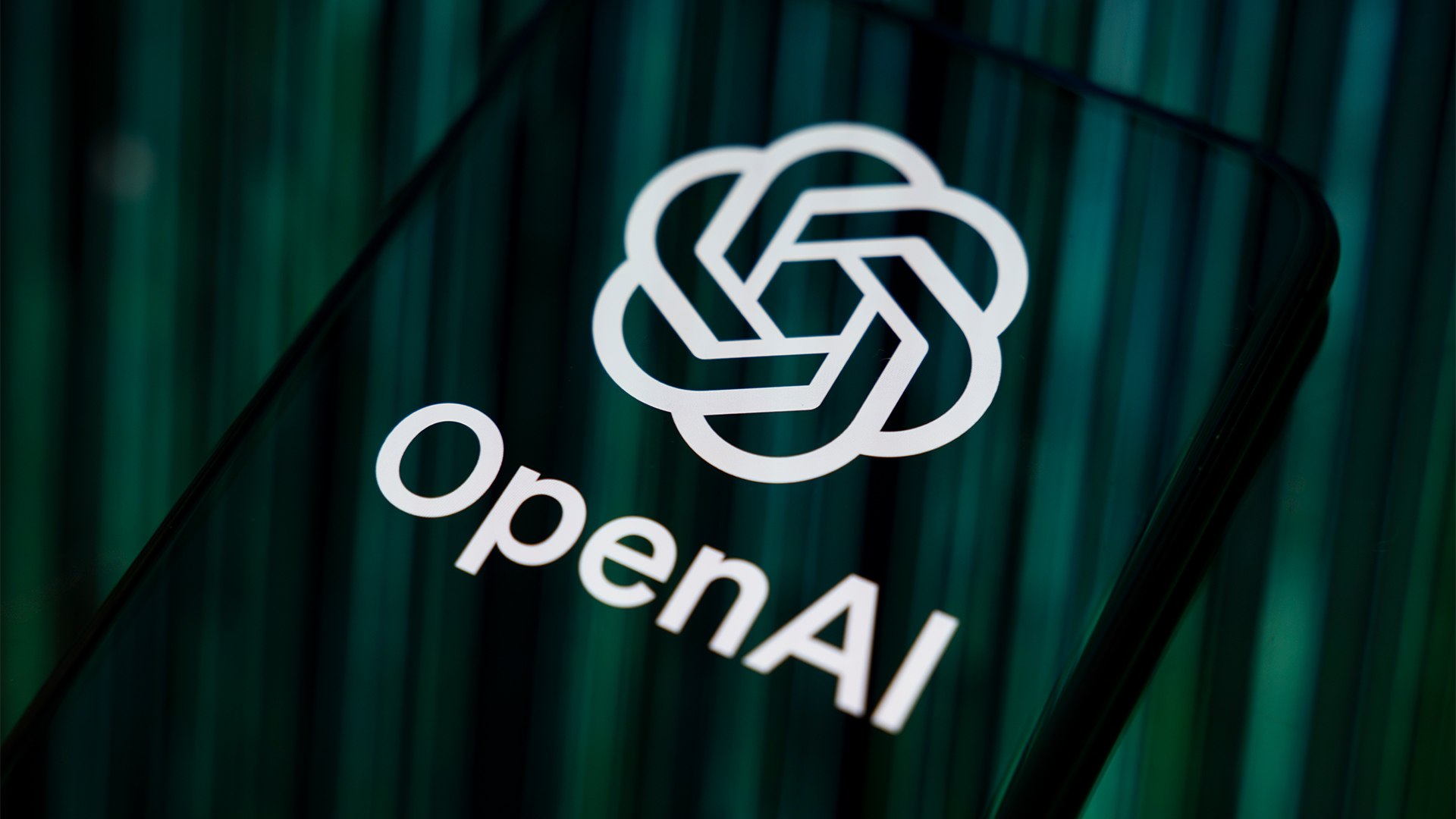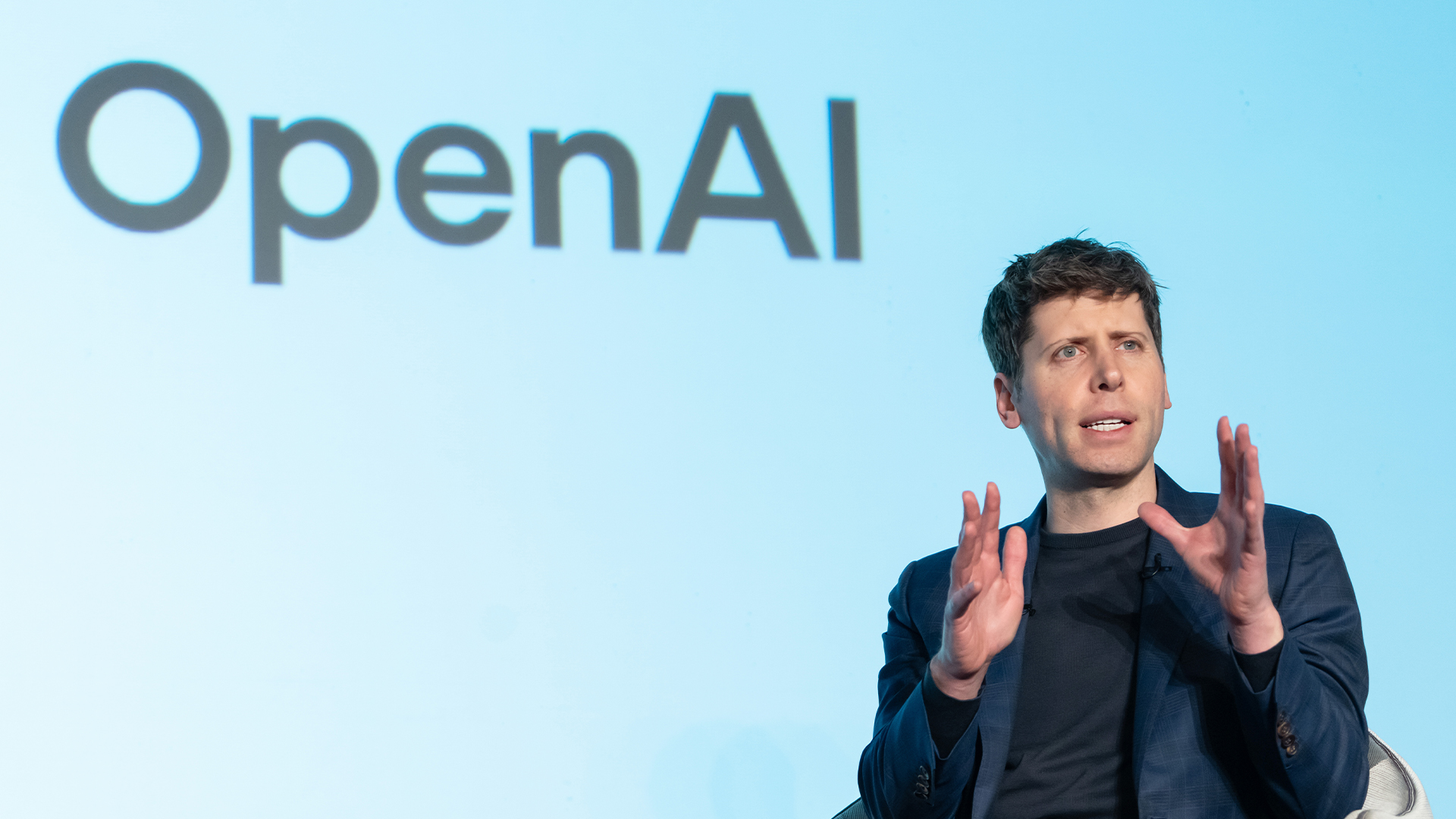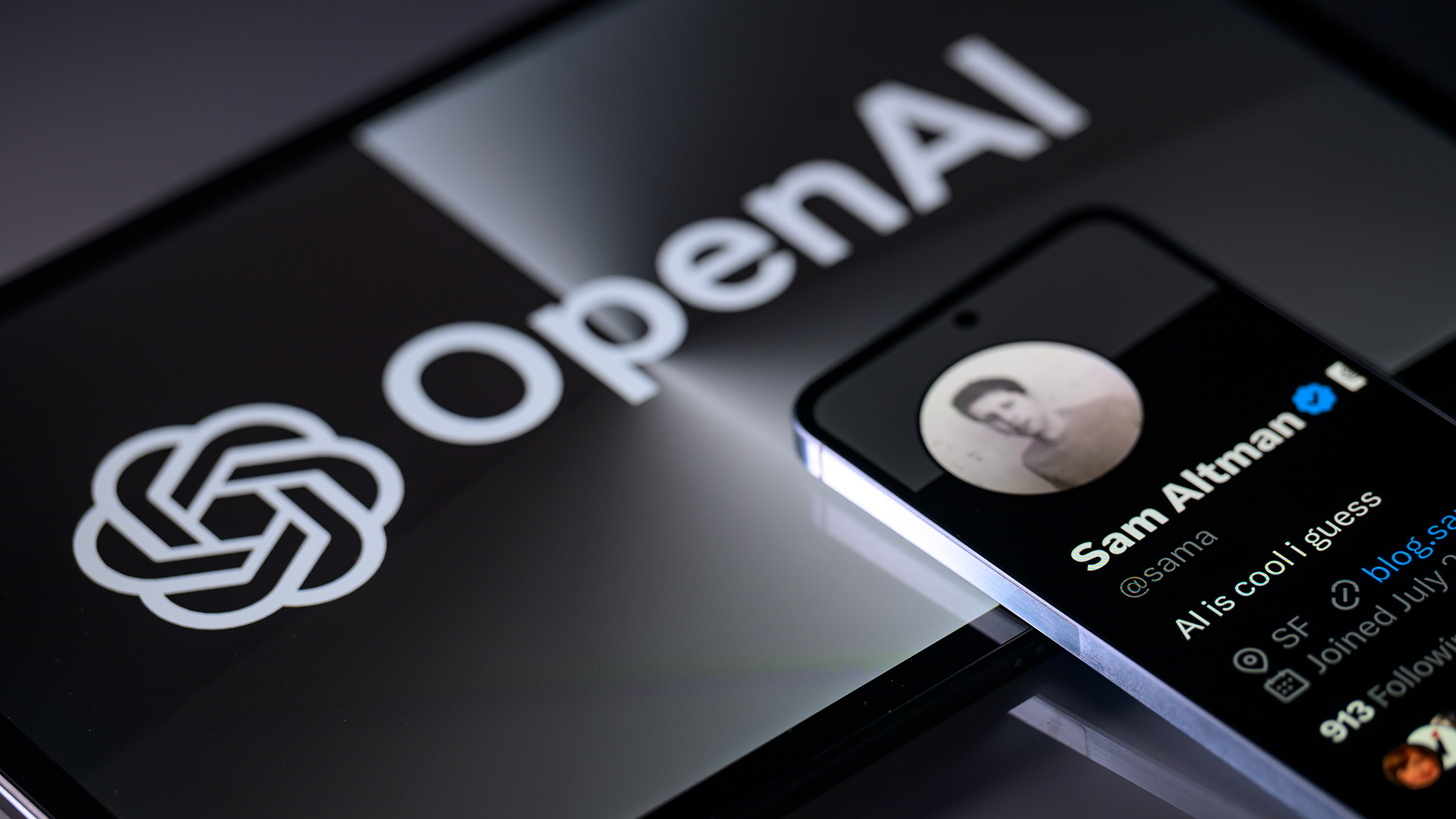OpenAI's latest acquisition shows it's chasing a growing enterprise trend
OpenAI will look to bolster enterprise AI development as part of the move


OpenAI has announced plans to acquire database firm Rockset in a bid to tap into the surging enterprise appetite for retrieval augmented generation (RAG) capabilities.
The firm will use Rockset’s platform to power its “retrieval infrastructures” across OpenAI products, the firm stated, while members of staff from Rockset will join the AI company as part of the deal.
Rockset’s platform is targeted towards developers and enterprises, providing access to real-time information, database functions, and vector search capabilities.
“Rockset’s infrastructure empowers companies to transform their data into actionable intelligence. We’re excited to bring these benefits to our customers by integrating Rockset’s foundation into OpenAI products,” said OpenAI COO Brad Lightcap.
Rockset CEO Venkat Venkataramani added to Lightcap’s comments, expressing Rockset’s desire to collaborate with OpenAI to “empower users, enterprises, and developers” to help them fully leverage their data.
While the size of the deal was not disclosed by either firm, sources familiar with the matter told Reuters that OpenAI purchased the firm as part of a stock deal.
The stock deal reportedly valued Rockset at several hundred million dollars, which would make it one of the largest acquisitions ever undertaken by OpenAI.
Sign up today and you will receive a free copy of our Future Focus 2025 report - the leading guidance on AI, cybersecurity and other IT challenges as per 700+ senior executives
Why RAG is critical to OpenAI’s enterprise approach
The acquisition by OpenAI could mark a significant moment for the firm as it looks to tap into the growing enterprise excitement over RAG.
RAG improves “response accuracy”, according to JItterbit CTO Manoj Chaudhary, by retrieving information from “large datasets or sets of documents” to generate more informed and more precise answers.
The main attraction of RAG is that it allows an AI model to generate responses based on data outside of its original training data. In this way, any data can be used as a secondary reference for a model, including internal documentation or industry-specific information such as financial reports.
RAG is therefore a useful alternative for businesses that need heightened accuracy without spending more time training.
RELATED WHITEPAPER

“The beauty of RAG is that when new information becomes available, rather than having to retrain the model, all that’s needed is to augment the model’s external knowledge base with the updated information,” Melanie Peterson, Senior Director of TrainAI at RWS, told ITPro.
“This reduces LLM development time and cost, while enhancing the model’s scalability.” Peterson added.
Accuracy is also improved with RAG, Peterson added, and AI is “less likely to hallucinate or generate inaccurate responses” owing to a more grounded dataset which makes a model “fit for business purpose”.
Model hallucinations have been a key talking point over the last 18 months. Last year, OpenAI CEO Sam Altman told attendees at Salesforce's Dreamforce conference that hallucinations were "part of the magic" of generative AI and often unavoidable.
The company has made significant strides in cutting down on the issue, however.
“The better we are at finding and retrieving the right documents that are related to the initial question, the better the result from LLM. Therefore a good LLM is only as good as its retrieval system,” said Michał Skibicki, AI Manager at STX Next.
“OpenAI is known for the performance of its model. Now it’s time to leverage it and add the missing piece to truly serve business users as well as consumers,” he added.

George Fitzmaurice is a former Staff Writer at ITPro and ChannelPro, with a particular interest in AI regulation, data legislation, and market development. After graduating from the University of Oxford with a degree in English Language and Literature, he undertook an internship at the New Statesman before starting at ITPro. Outside of the office, George is both an aspiring musician and an avid reader.
-
 DeepSeek rocked Silicon Valley in January 2025 – one year on it looks set to shake things up again with a powerful new model release
DeepSeek rocked Silicon Valley in January 2025 – one year on it looks set to shake things up again with a powerful new model releaseAnalysis The Chinese AI company sent Silicon Valley into meltdown last year and it could rock the boat again with an upcoming model
-
 OpenAI says prompt injection attacks are a serious threat for AI browsers – and it’s a problem that’s ‘unlikely to ever be fully solved'
OpenAI says prompt injection attacks are a serious threat for AI browsers – and it’s a problem that’s ‘unlikely to ever be fully solved'News OpenAI details efforts to protect ChatGPT Atlas against prompt injection attacks
-
 OpenAI says GPT-5.2-Codex is its ‘most advanced agentic coding model yet’ – here’s what developers and cyber teams can expect
OpenAI says GPT-5.2-Codex is its ‘most advanced agentic coding model yet’ – here’s what developers and cyber teams can expectNews GPT-5.2 Codex is available immediately for paid ChatGPT users and API access will be rolled out in “coming weeks”
-
 OpenAI turns to red teamers to prevent malicious ChatGPT use as company warns future models could pose 'high' security risk
OpenAI turns to red teamers to prevent malicious ChatGPT use as company warns future models could pose 'high' security riskNews The ChatGPT maker wants to keep defenders ahead of attackers when it comes to AI security tools
-
 Some of the most popular open weight AI models show ‘profound susceptibility’ to jailbreak techniques
Some of the most popular open weight AI models show ‘profound susceptibility’ to jailbreak techniquesNews Open weight AI models from Meta, OpenAI, Google, and Mistral all showed serious flaws
-
 'It's slop': OpenAI co-founder Andrej Karpathy pours cold water on agentic AI hype – so your jobs are safe, at least for now
'It's slop': OpenAI co-founder Andrej Karpathy pours cold water on agentic AI hype – so your jobs are safe, at least for nowNews Despite the hype surrounding agentic AI, OpenAI co-founder Andrej Karpathy isn't convinced and says there's still a long way to go until the tech delivers real benefits.
-
 OpenAI signs another chip deal, this time with AMD
OpenAI signs another chip deal, this time with AMDnews AMD deal is worth billions, and follows a similar partnership with Nvidia last month
-
 OpenAI signs series of AI data center deals with Samsung
OpenAI signs series of AI data center deals with SamsungNews As part of its Stargate initiative, the firm plans to ramp up its chip purchases and build new data centers in Korea

